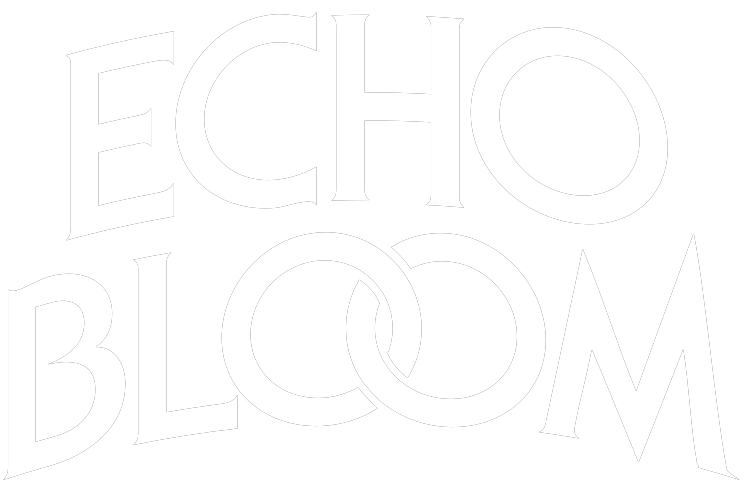Episode 1 - The Vanderbilt Apology

The Seed
Whenever I find myself in a rut writing-wise, it's usually because my narrative focus has blurred. I dated an English major in college for a while, and she gave me one of the most singularly useful pieces of advice I've received about creative writing - Adjectives are worth pennies, nouns are worth dollars.
I try to embrace that idea by creating character studies in prose format and then adapting them to songs. But the medium is different - prose is this endless canvas that you can add on to and sculpt as you go, while I think of songwriting as the equivalent to oil painting on a postage stamp. There's a radically restricted frame that you can work within, and restrictions around meter, etc.
When I'm in this mode of writing - prose to song - the process ends up being these waves of addition and subtraction - which is perfect for an Hoursong-like approach.
← The seed - I have a guitar next to me and pick it up a few times during the day to just improvise and see what pops out. I categorize all of these so I can go back and have a base to start Hoursongs from - this was that base for the Vanderbilt Apology.

The Story
For this song, I started with the idea of a scion of a railroad industrialist. I was picturing in my head the wild American privilege of the late 1800's industrialists, as the nation was interconnected with rails. People shooting buffalo from the backs of moving locomotives and piling the skeletons into gigantic pyramids on the plains. The character Alistair Solomon in the song comes from that time - the line "he was born a Commodore" is a play on Cornelius Vanderbilt's nickname. He's born into that world, and merely has to live in the life that's laid out in front of him.
I read a book about the Bin Ladens after 9/11 that provided a little more context into that family, and both how fabulously wealthy they were, as well as how deeply linked they were to the monarchy of Saudi Arabia. In addition to the patent horror and tragedy of 9/11 and the events that surrounded it, the fact that a Bin Laden masterminded it is akin to a Rockefeller executing a scheme to blow up the Eiffel Tower or something. The book described Osamsa drifting away from the family into zealotry. He would do things like having the car that was driving him through the desert stopped, opening the door, and just wandering into the night barefoot. That image stuck with me, and informs that second verse.
Also one more recommendation. For lyric writing, there's so much that can be learned from Broadway, where a lot of narrative content needs to be squeezed into a small space. Sondheim talks a lot about this in his beautiful book "Finishing the Hat" which I highly recommend. That reflects how I think about the beauty of the way words sound, especially when sung. Words like "Commodore", "Iron" - say them accented, say them straight. It changes the way they sound, and the way they move in a song.
The Arrangement
It's important to me that these songs aren't meant to be completed things - they're meant to be gestures. Jumping off points to determine whether it's worth spending more time on them. That gives me the freedom to make mistakes anda structure to try new things. The time restriction also forces me into places I wouldn't normally get to.
The writing approach I used for this rendered a few verses, and a few chorus figures that I laid out in a quick recording that night. The next night, I listened back and the pacing was off - structurally it was just kind of plodding. But because songs don't have to be linear, I scrambled around a verse and turned it into a chanted interlude between the second half of each verse. It gave the song a little more structure, and knocked the balance of the narrative off kilter enough to make it interesting.
I also played around with a few approaches for an instrumental bed on the second verse, trying out pedal steel and piano before experimenting with ebow on my acoustic guitar. For the uninitiated, ebow is short for electronic bow - it's a little device about the size of a tube of lipstick that creates a magnetic field to vibrate instrument strings. They're mostly used on electric instruments (Radiohead uses them a lot), but I think it sounds fantastic on acoustic guitar and banjos. For this piece I recorded two tracks of ebow, one usually a 6th off the other. A side benefit was this really nice moment coming out of the first chorus, where the vocal and the guitar sound blends into each other in this really nice way that I couldn't have planned.
It's things like that that make me value the process of doing recording sketches. There are a million ways something can be executed, and if you plan too much on the frontend, you can avoid the happy accidents that come with experimentation. This was one of them.
Gear
Microphone - Warm Audio WA47jr
Computer - Universal Audio Apollo Twin MKII
Featured Plugins
Instruments
The Vanderbilt Apology
Alistair’s the second son
Of the Cleveland Solomons
He was born a Commodore
Blood he bled was iron ore
God forgives the calloused hand
Smiles on the working man
Didn’t want for anything
Future laid out before him
Wished he had another name
Wished he had someone to blame
Stopping on some moonlit road
He would take off all his clothes
And wander out into the night
Said he had to understand
Wished he had another name
Wished he had someone to blame
